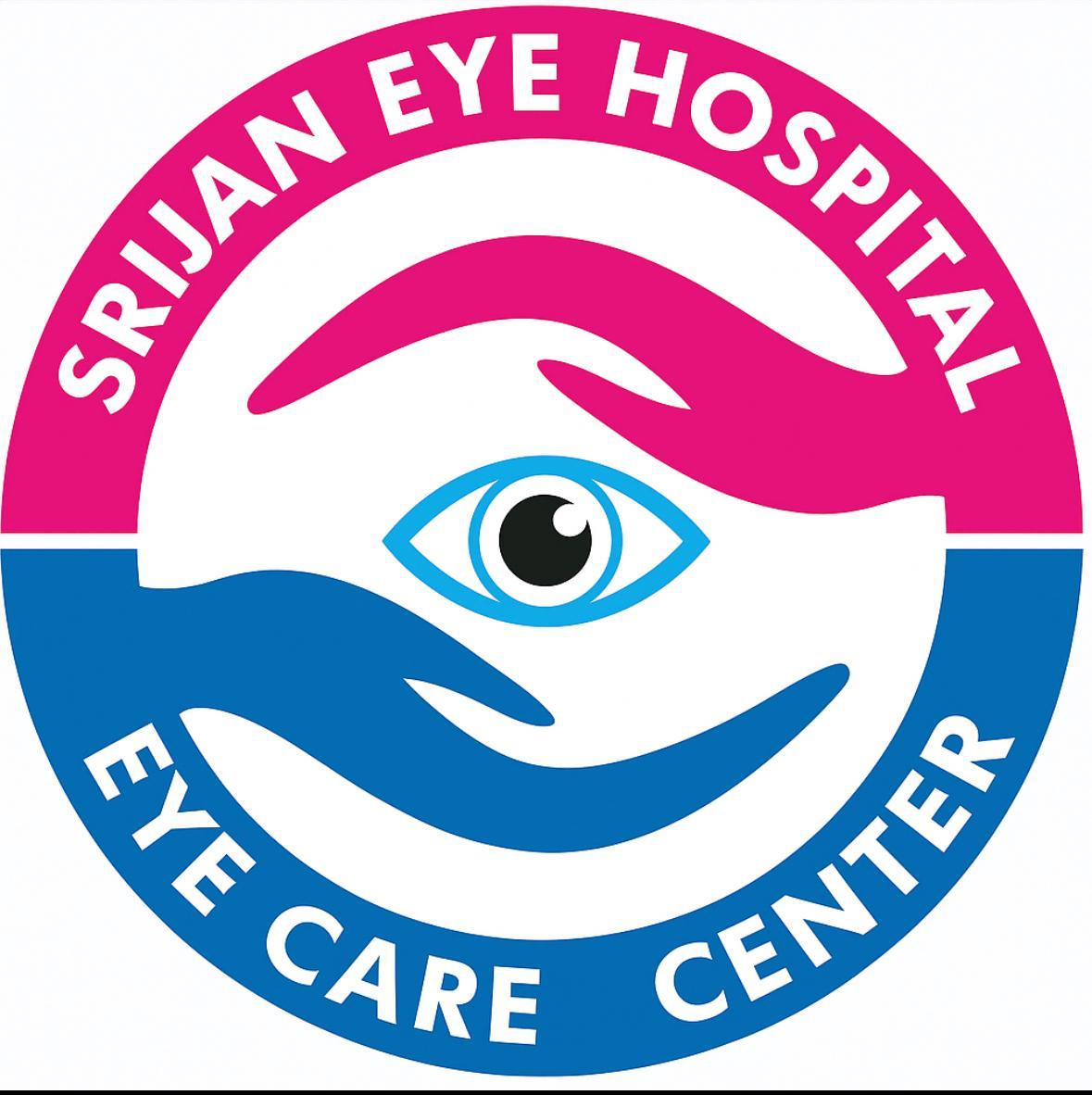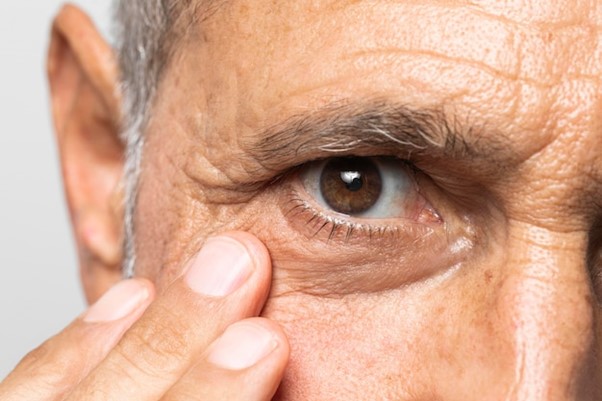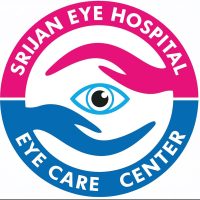Age-related macular degeneration (AMD) can have a profound impact on an individual’s daily life and emotional well-being. From coping with vision loss to accessing support services and navigating treatment options, living with AMD presents unique challenges.
Coping with Vision Loss and Maximizing Remaining Vision
Living with AMD requires adapting to changes in vision and developing strategies to maintain independence and quality of life.
Some tips for coping with vision loss and maximizing remaining vision include:
- Use Assistive Devices: Utilize magnifiers, electronic magnification devices, and other assistive technologies to aid in reading, writing, and performing daily tasks.
- Adapt Your Environment: Ensure good lighting in your home, minimize glare, and use contrasting colors to make objects easier to see.
- Develop New Skills: Learn alternative techniques for tasks such as cooking, organizing, and navigating your surroundings.
- Stay Connected: Maintain social connections and seek support from family, friends, and support groups for individuals with vision loss.
Prevention of Age-Related Macular Degeneration
While some risk factors for AMD, such as age and genetics, are non-modifiable, others can be addressed through lifestyle changes.
Strategies for preventing AMD include:
- Maintaining a Healthy Diet: Consume a diet rich in antioxidants, vitamins, and omega-3 fatty acids, found in foods such as leafy greens, fish, nuts, and fruits.
- Quitting Smoking: Smoking is a significant risk factor for AMD and can accelerate disease progression. Quitting smoking can reduce the risk of developing AMD and other vision-related complications.
- Protecting Your Eyes: Wear sunglasses with UV protection, use protective eyewear during outdoor activities, and avoid prolonged exposure to harmful ultraviolet (UV) radiation.
Living with age-related macular degeneration requires resilience, adaptation, and support from loved ones and healthcare professionals.
By implementing coping strategies individuals with AMD can maintain independence, improve quality of life, and continue to engage in activities they enjoy.




